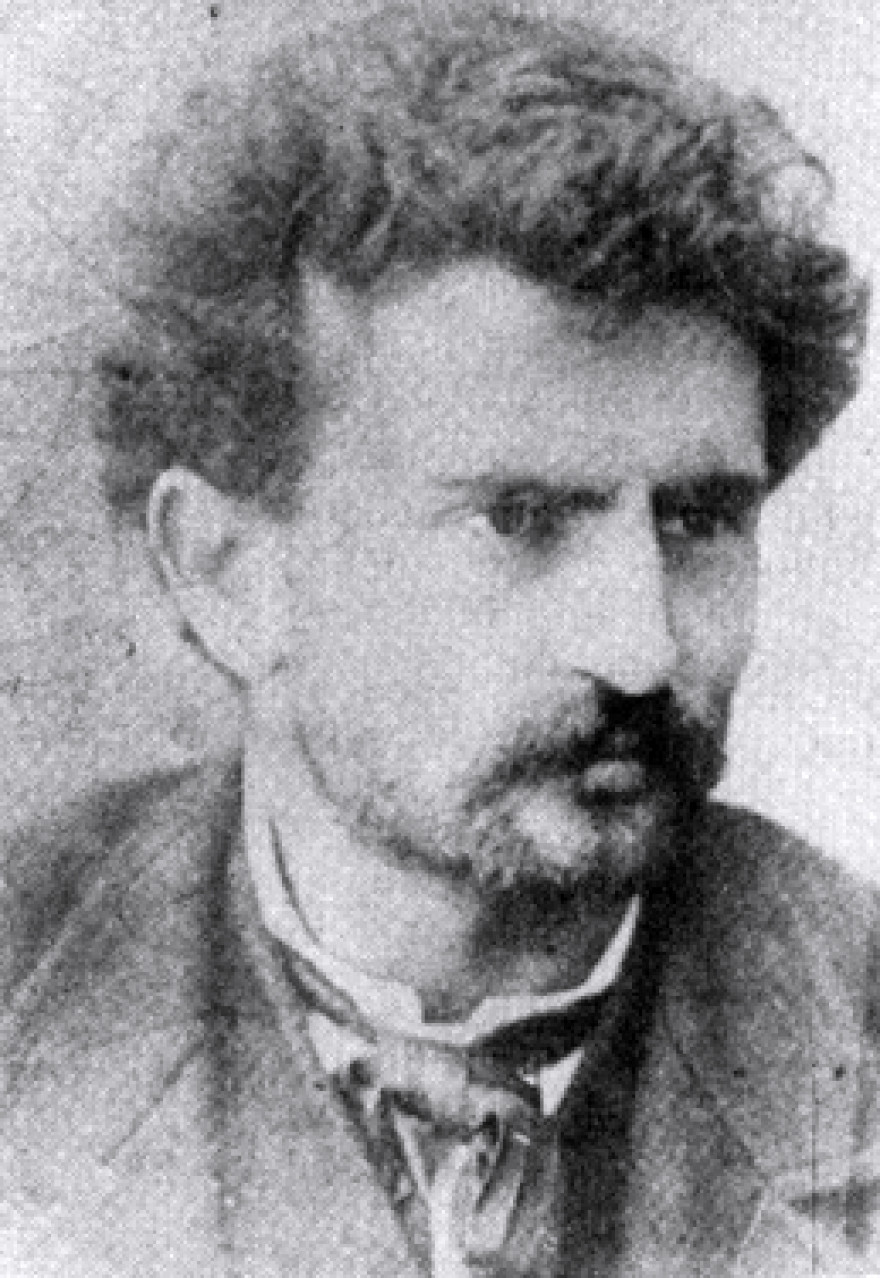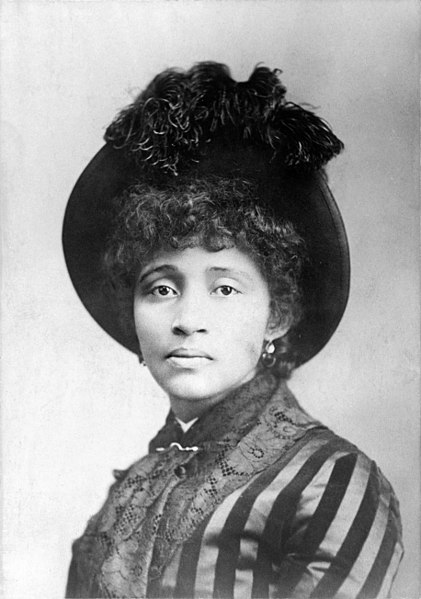A leading disabled activist has issued a call in a new book for the disabled people’s movement to rediscover its appetite for fighting oppression and transforming society.
In Disability Praxis*, Bob Williams-Findlay argues that the disabled people’s movement has gradually drifted away from focusing on how disabled people are “disabled by society” and instead now emphasises the removal of disabling barriers.
But the campaign for civil and human rights should have been seen as “a means to an end”, he writes, because the focus on barrier removal meant the movement lost sight of “the bigger picture” and the need for a critical evaluation of capitalist society.
He criticises how influential parts of the movement, such as the British Council of Disabled People (BCODP) – he is a former BCODP chair – the UK Disabled People’s Council and the National Centre for Independent Living, gradually re-invented it as a rights-based movement in the post-1997 New Labour years.
In so doing, they “moved away from exploring how disabled people are materially excluded from and marginalised within capitalist societies”.
Global capitalism, he says, is “the bedrock of disablement” and should have been the focus through fighting for “transformative change”.
“Whilst it is understandable for disabled people to want to end their social exclusion and be rid of discriminatory practice,” he writes, “one must question the politics behind the belief that the entitlement to rights would automatically confer ‘social acceptance’, or lead to an end to social oppression.”
A key element of the book is his argument that there are four “cornerstones” of disability politics in Britain: the fundamental truth that disability is a “social” issue; the self-organisation of disabled people through the disabled people’s movement; de-institutionalisation and the tensions and contradictions around promoting independent living; and disability culture and identity.
In the second half of the book, he begins to discuss how disabled people can do more than just engage in “firefighting” against austerity and can instead “build a strategy for furthering disabled people’s emancipation”.
Williams-Findlay says that disabled activists should combine campaigning for rights with the fight for social change and transforming wider society.
Over the last decade, he says, there have been repeated calls for action to breathe “new life into the Movement”, and that has been partially successful with the launch of the Reclaiming Our Futures Alliance (ROFA), although he says ROFA remains “small and marginal”.
He expresses his frustration at the “complete lack of resources and political will” for disabled people to self-organise, despite the emergence of organisations such as Disabled People Against Cuts in 2010 and disabled people in Britain finding themselves in “one of the most oppressive” situations in living memory, facing brutal cuts to services and benefits and the fear that many of them would be forced back into institutions.
Campaigning against austerity, he writes, is “little more than a form of firefighting” when what is needed is “collective political leadership” that will propel disabled people forward in their “struggle for social and political emancipation”.
He also suggests that the insights offered by UPIAS (The Union of the Physically Impaired Against Segregation), Vic Finkelstein and Mike Oliver – all closely associated with the development of the social model and the idea that disability is about disabled people’s oppression and is caused by the way society is organised – should not be “simply assigned to the past” but should still be “reflected upon in the present”.
Williams-Findlay concludes that the prospect of developing a new “disability praxis”** in Britain appears to be “bleak”, particularly as a decade of trying to resist a “punitive” state has left many disabled activists in survival mode.
But he says that developing any such praxis must be done through co-production, and that it must acknowledge the intersectional nature of oppression, remembering that the movement has a history of marginalising intersectional issues.
*Disability Praxis: The Body as a Site of Struggle, by Bob Williams-Findlay, published by Pluto Press
**Praxis refers to the process of putting a theory into practice, or, in Williams-Findlay’s words, critically appraising and then “taking action” to address disabled people’s social oppression and “disturbing, disrupting and ultimately destroying” capitalist society’s dominant position
***John Pring’s book, The Department, will be published by Pluto Press next year
Picture: Bob Williams-Findlay protesting outside the Conservative party conference in Manchester in 2015
A note from the editor:
Please consider making a voluntary financial contribution to support the work of DNS and allow it to continue producing independent, carefully-researched news stories that focus on the lives and rights of disabled people and their user-led organisations.
Please do not contribute if you cannot afford to do so, and please note that DNS is not a charity. It is run and owned by disabled journalist John Pring and has been from its launch in April 2009.
Thank you for anything you can do to support the work of DNS…




